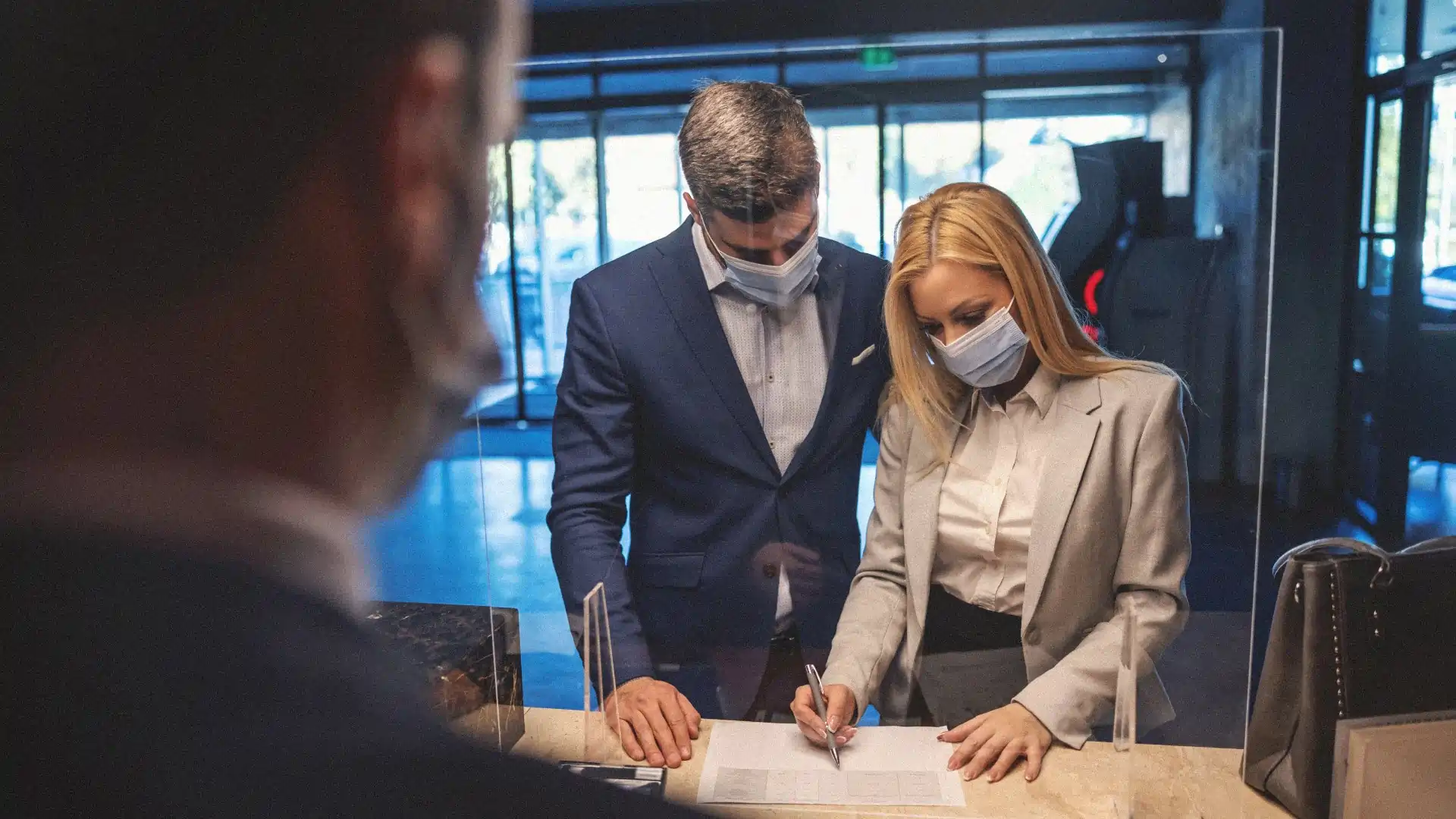Approaching one year since the Omicron scare mostly dissipated and travelers felt confident hitting the roads again, hotel owners and operators gathered during the Americas Leadership Investment Conference (ALIS) at L.A. Live last week and took the stage to discuss the current state of their businesses.
At an investment conference, of course, conversations were dominated by a challenging transactions market, and most investors suggested they’re mainly in “wait and see” mode, eyeing interest rate movement while continually hunting for the perfect opportunities. There is pent-up demand for transactions, and hotels that have withstood deferred maintenance and renovations will hit the market eventually, experts agreed.
“Fast forward a few years, and we’re going to have more hotels, some will be dated, there will be CapEx needs – and at the same time we’ll have better functioning financial markets,” said Nikhil Bhalla, SVP at RLJ Lodging Trust. “Be patient, look for the right opportunity.”
Outside of the investment realm, some of the most interesting comments addressed the ways in which the industry has changed, or hasn’t changed, since the global pandemic that halted travel and disrupted business like no other event in history.
In fact, Ted Darnall, CEO at HEI Hotels & Resorts, said leaders in the industry missed an opportunity to reset some operations based on evolving customer needs. “I think the industry missed an opportunity to really understand the evolution of the customer,” he said. “We had a customer that was willing to change, and we went back to the way we’ve always been doing business.”
“Are we using the efficiencies we learned over the past few years?” asked James Carroll, President & CEO at Crestline Hotels & Resorts. “We stopped cleaning rooms except upon checkout, we made dramatic changes in F&B, and the guests accommodated those. A lot of those things were put back.
“Our gains in profit have come from ADR growth and not really from efficiency.”
Speakers explored other areas that look different in today’s post-COVID environment:
1. On Labor Costs
“Labor and staffing are top of mind for me, and two things that haven’t gotten enough attention are the use of contract labor and the amount of overtime,” said Sloan Dean, CEO of Remington Hotels. “Recently, we’ve seen the usage of contract labor decrease and our overtime as a percentage of labor is the lowest it has been since 2019.”
“It’s not a lodging specific matter; there has been a lifestyle change. People don’t need to work two jobs anymore, and that’s a good thing,” added Leslie Hale, CEO of RLJ Lodging Trust. “If we can’t solve it on the human capital side, then we need to turn to technology.”
2. On Revenue Strategy
Russ Urban, CEO of Electra America Hospitality Group, said his company is looking more closely at cost of acquisition when determining whether to brand a property and what channels to sell inventory. “Acquisition costs tell us what kind of customers are most profitable,” he said. “With franchise fees and other fees, and discounts, I see hoteliers spend a ton of money to gain share. Instead, we look more closely at the profit per unit sold.”
“Brand systems – yes, they increase the revenue, more guests show up and pay more,” said Carroll of Crestline. “But that’s just the top line. With the franchise fees and the sales and marketing costs, in some cases you’re going to come to the conclusion that, yes, the brand brought me more revenue, but after all these costs I have a less profitable hotel.”
3. On Group Business
“People will always want to meet face to face,” said Cartarwa Jones, SVP at RLJ Lodging Trust. “What I think will happen in the future – just like the Internet, phone and teleconferencing – technology will supplement the meetings, not replace them.”
“But smaller, more frequent groups, that’s a permanent shift,” added Hale.
4. On the Luxury Segment
“The rich are different – they don’t suffer in downtimes,” said Richard Kessler, CEO of Kessler Collection. “The leisure luxury traveler has no cap on price. The reason ADR is doing well now is that all of a sudden people are buying the hotel they want.”
5. On Guest Experience
“COVID didn’t create any new trends, it only accelerated trends that were already occurring,” said Hale of RLJ. “Soft brands will continue to play a major role, but the hard brands have responded to trends as well. I’ve seen a 20-story Hampton Inn with a skylobby rooftop bar.”
“We see ourselves as in the entertainment business, so we call our staff ‘performers,’ not ‘employees,’” Kessler said. “We focus on one thing: Create exuberant guests and everything else will work.”











